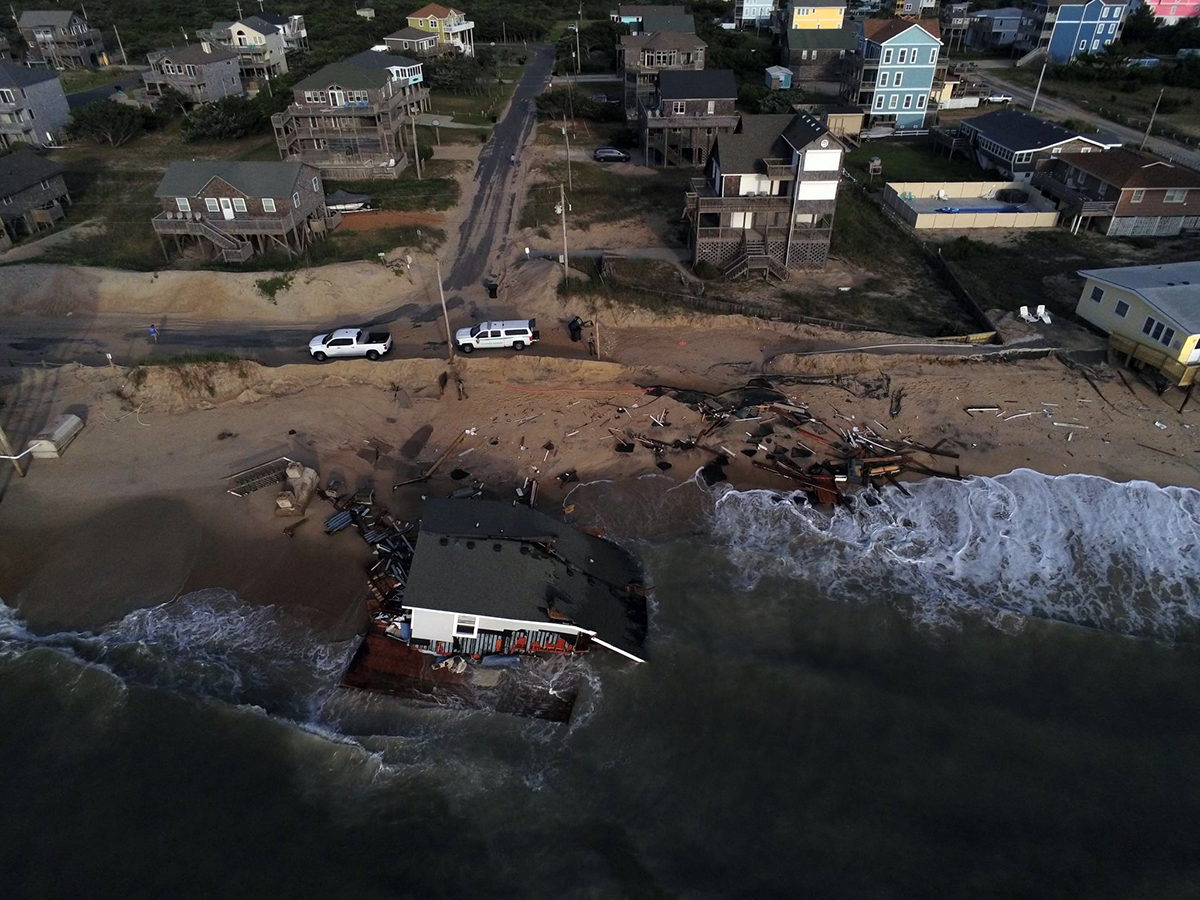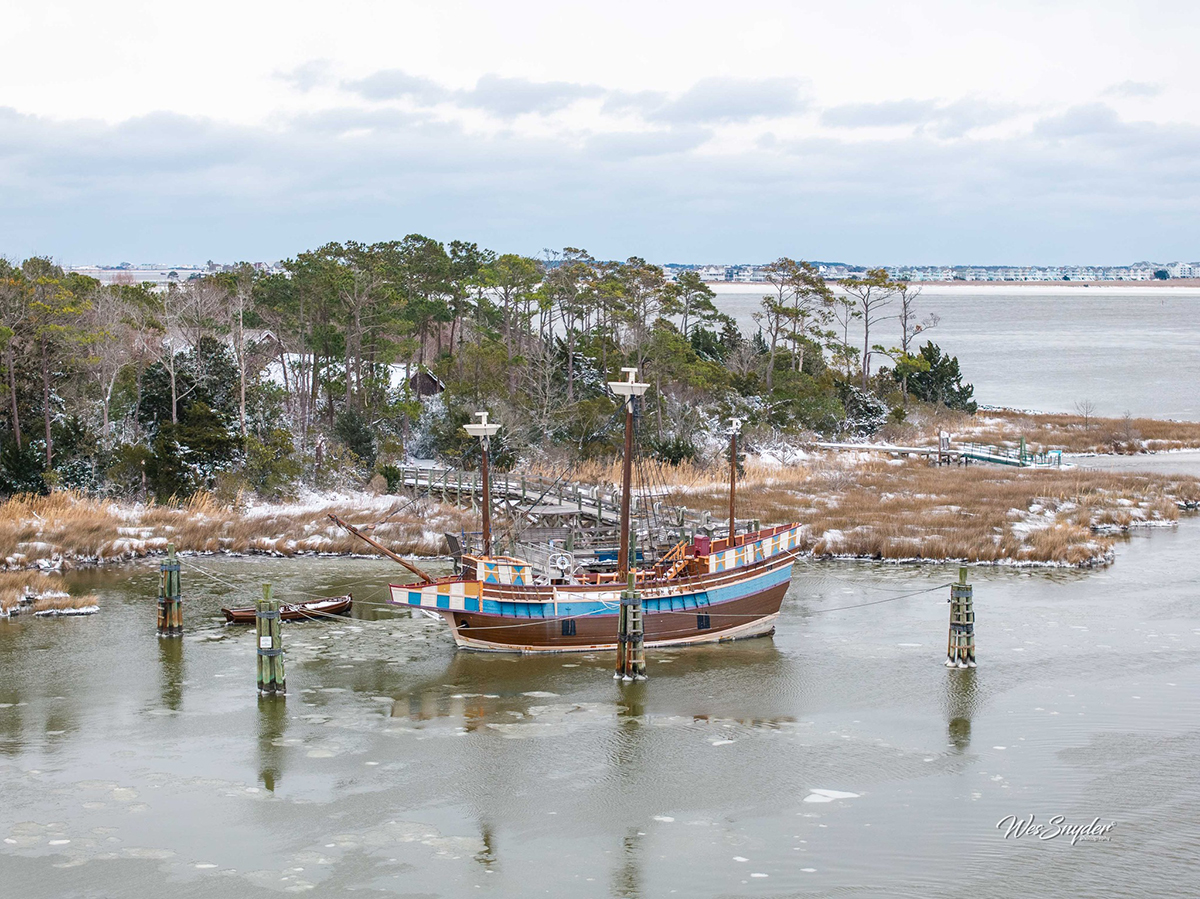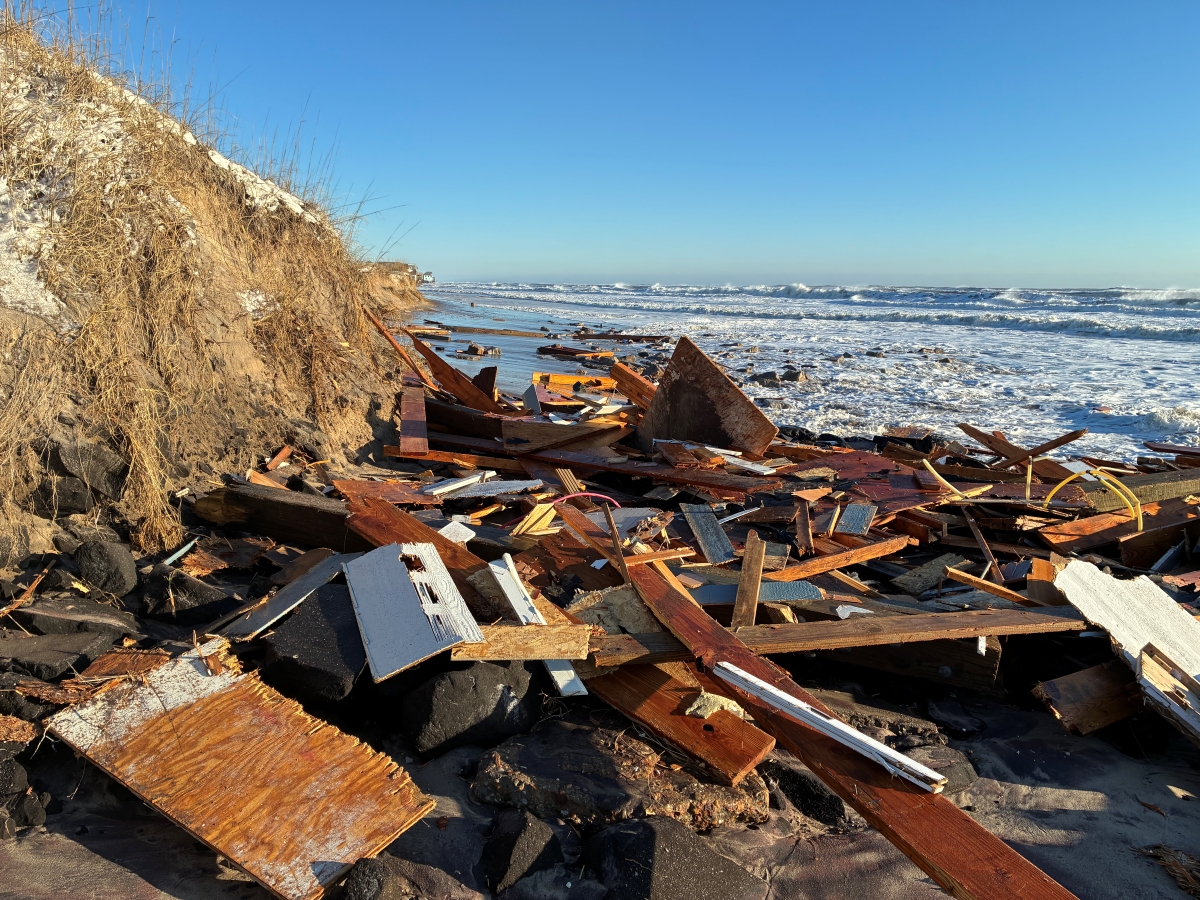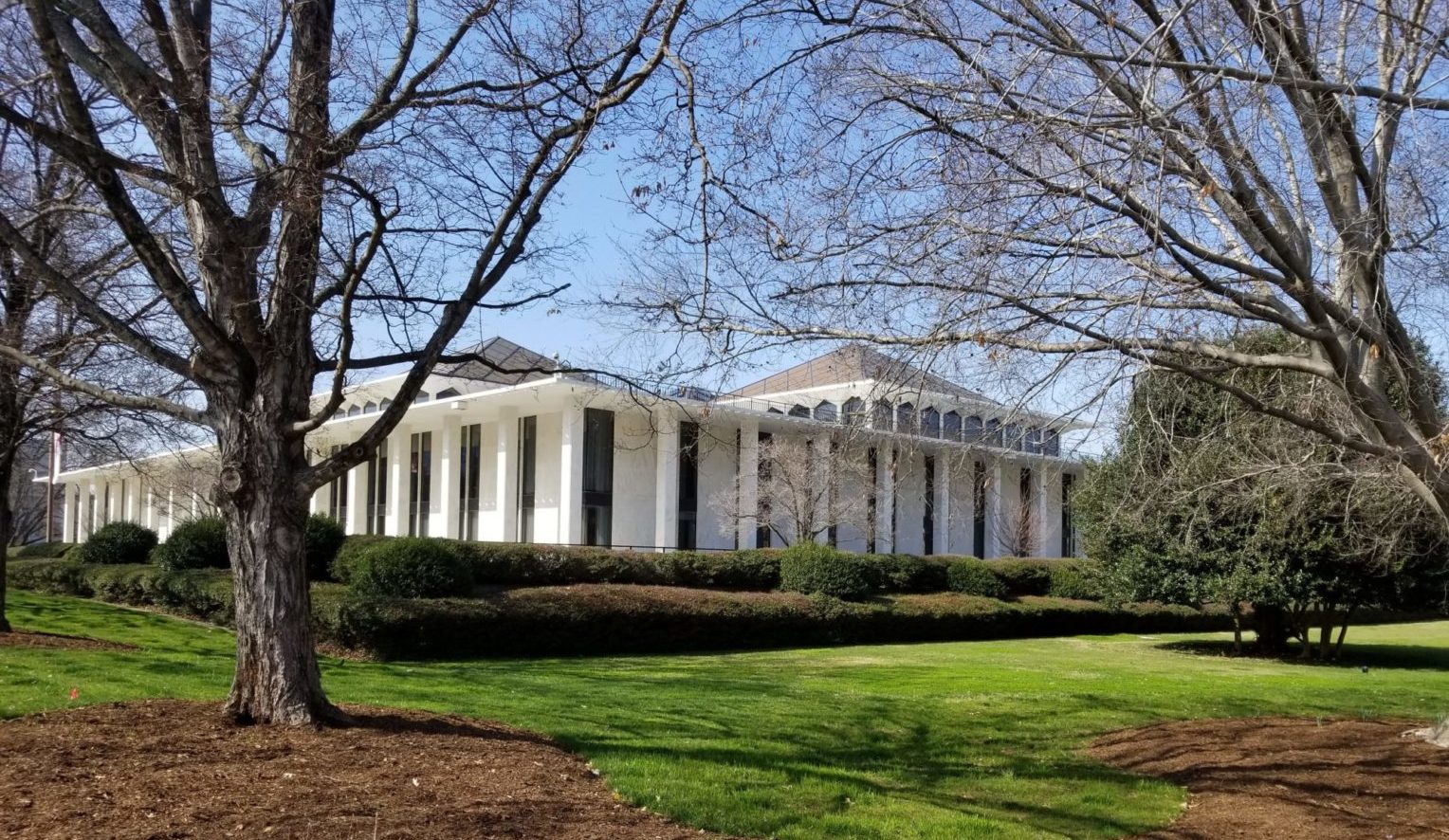
Co-published with Carolina Public Press
The legislature resumes its 2020 short session next week with plans to take up another round of coronavirus response measures, but the path forward for its usual even-year work in Raleigh, adjusting the state budget, is unusually unclear.
Supporter Spotlight
Driving the uncertainty is not just a question of the course of COVID-19 in the state and nation and its impact on the economy. For the people trying to come up with a state budget also heavily weighted in the equation is how the next round of federal relief plays out.
Now, with the U.S. House set to vote on its latest proposal Friday, there is at least movement toward further federal legislation. But that plan is far different than what leaders in the U.S. Senate have proposed, leaving state and local officials facing end-of-fiscal-year deadlines on June 30 to press ahead with major parts of the budget still an unknown.
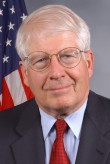
In an interview earlier this week 4th District Congressman David Price, who chairs the House Transportation, Housing and Urban Development Appropriations Subcommittee, said the next round of legislation will be more difficult than the last.
“Each one gets more controversial given our politics,” he said. “I don’t think there will be any more just shouted through.”
Price said top priorities are more funding for states and local communities and an adjustment to the earlier federal coronavirus relief act to give states more flexibility on spending the money, including backfilling revenue holes in state finances.
Supporter Spotlight
Last month, the North Carolina General Assembly set aside $300 million of federal relief funds for Department of Transportation projects in its coronavirus relief bill. The funds are intended to offset a steep decline in gas taxes, but the state can’t spend the money unless Congress changes the provisions known as backfilling rules.
“That is major unfinished business,” Price said.
Also at the top of the list, he said, is further direct aid to local governments that reaches smaller cities and towns.
“Both things need to happen,” he said.
Whether they do or not and to what extent depends on cutting a deal with senators who have so far been skeptical about a bigger state aid package.
Uncharted territory, again
At this point in most even-year legislative sessions, budget committees in both chambers would be holding regular meetings and receiving briefings from departments and agencies. By now, the governor would have already delivered his annual ask and lobbyists and legislative liaisons would be stalking the halls, gathering votes.
But this is far from an ordinary year on Jones Street. Although leadership staff and some members are in their Raleigh offices, the halls are mostly empty. There are no school kids, no big constituent meetups and no groups holding annual lobby days. The building has been closed to the public since April 20 and anyone entering, including staff and legislators, has had to have their temperature checked first.
House and Senate leaders announced Wednesday that next week the legislature would be open to visitors and lobbyists, but under tight restrictions and a 50% reduction in capacity.
This year follows an often confusing 2019 session that featured fights over the budget and a half-year stalemate over Medicaid expansion. Gov. Roy Cooper’s veto of the House and Senate plan passed in late June still stands, and much of state government is funded through an automatic continuation budget law put in place after a similar standoff with Republican Gov. Pat McCrory in 2015.
Throughout the impasse, Cooper and the legislature found enough common ground on funding parts of the government to pass several “mini-budgets,” as well as relief bills following Hurricane Dorian in September 2019. The legislature ended the 2019 long session in 2020, the first time it’s run that long. It adjourned after reconvening Jan. 14 for one day without a deal, an override vote or much hope things would change. Before leaving the chamber that day, a clearly frustrated Senate President Pro Tem Phil Berger, R-Rockingham, said that given the standoff and the lack of progress he didn’t see the point of trying to draw up a budget in 2020.
Six weeks later, North Carolina announced its first confirmed case of COVID-19 and everything began to change.
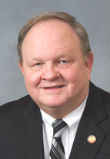
Rep. Chuck McGrady, R-Henderson, one of the chief budget writers for the House, said he expects COVID-19 to influence nearly everything about this year’s work.
When asked in an email if anything this year will resemble a normal short session, he responded: “Not much about the session is likely to be ‘normal.’ First, we’ll still be dealing with COVID-19-related issues, including the appropriation of additional federal monies. It is likely that state funding will be necessary to fill some holes too. Second, we don’t have a complete budget for next year. The House is committed to moving a budget for FY2020-21, but the Senate has not committed to passing a budget.”
On top of that, he said, it’s an election year and there will pressure to keep the session brief.
The budget challenges, McGrady said, include not just the uncertainty of the fiscal effects of the pandemic, but things like shifting the tax filing date from April 15 to July 15, two weeks after the state starts its new fiscal year.
Estimates of the hole blown in the state budget range between $4 and $6 billion.
“I’m not sure how to fill the hole until I know how big the hole is,” McGrady said. A tax increase, he added, is not an option given the unemployment rate.
Across the rotunda, Senate leaders are now exploring a budget plan for this year. A lot has changed since Berger expressed his reluctance over another prolonged standoff with the governor in January. He said so plainly when the session opened in late April by announcing that the Senate would no longer seek to overturn Cooper’s veto of the biennial budget.
“Our state’s financial outlook is in a vastly different place than it was before this pandemic hit,” Berger said in a statement.
This week, Berger’s spokesman Pat Ryan said senators want to see a budget this year and are currently in talks with their House counterparts on how to approach it. The reason for the change is evident, he said. “We’re in a completely different world now.”
He did not say whether a plan would come in the form of one omnibus bill or a piecemeal approach like last year. Right now, he said, the decisions in Washington, D.C., on a new round of state aid and whether the state will be able to use parts of its initial $4 billion in funding to fill revenue gaps loom large.
Cooper administration spokeswoman Sadie Weiner said the governor is working on a budget request for this year, but he has not set a time for an announcement.
State budget officials have been compiling an analysis of the impacts throughout state government from loss of revenues to falling receipts and fees.
Estimates provided by the Office of State Management and Budget show the impact on receipts at the state aquariums estimated at $4.4 million and another $4.4 million for the state parks. The North Carolina Zoo impact is at $4.8 million and the State Ports Authority’s losses are estimated at $6.5 million.
Although the budget impasse may now be moot, the decisions last year still reverberate.
McGrady said there are parts of the budget that the governor and legislators couldn’t reach agreement on from last year, including large sections of the Agriculture and Natural and Economic Resources section of the budget, which includes funding for both the Department of Environmental Quality and the state’s two major conservation trust funds, which McGrady, now in his final term, has helped to rebuild since their funding was slashed in the first year of McCrory’s term.
The budget hole caused by COVID-19 is likely to sweep up extra money for the trust funds he hoped to pass as well other environmental initiatives. It’s also likely to make it harder to pass other initiatives like redistricting reforms he and other proponents had hoped to push this year, he said.
“The best thing for those who care about protecting the environment might be getting nonpartisan redistricting,” he said, “but that too may fail to be taken up because all the oxygen has been sucked out of public policy debates by the pandemic.”




